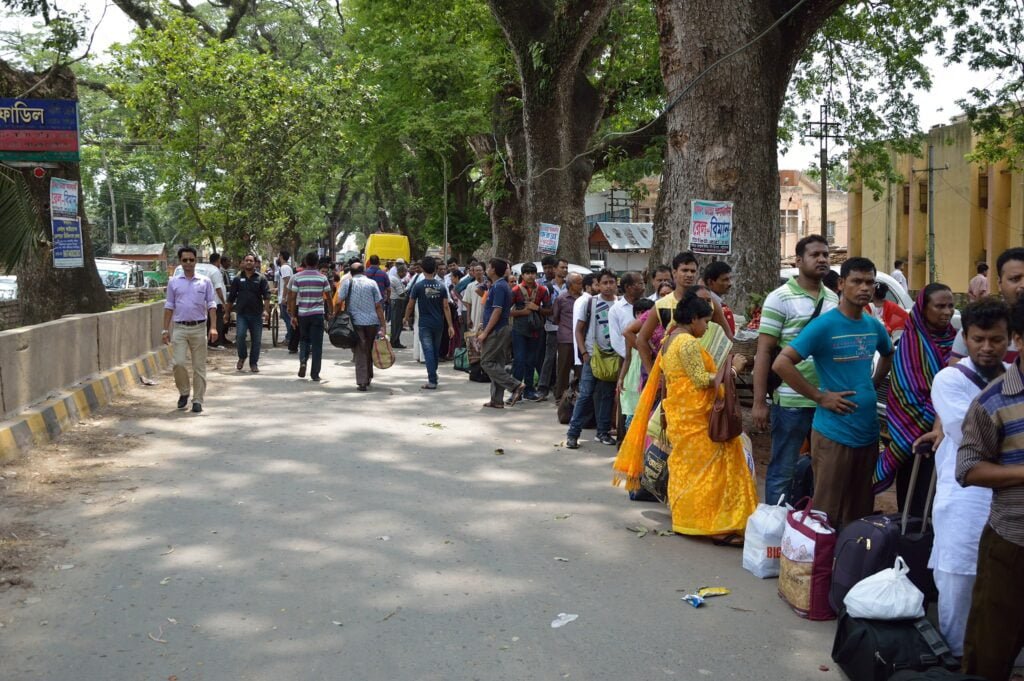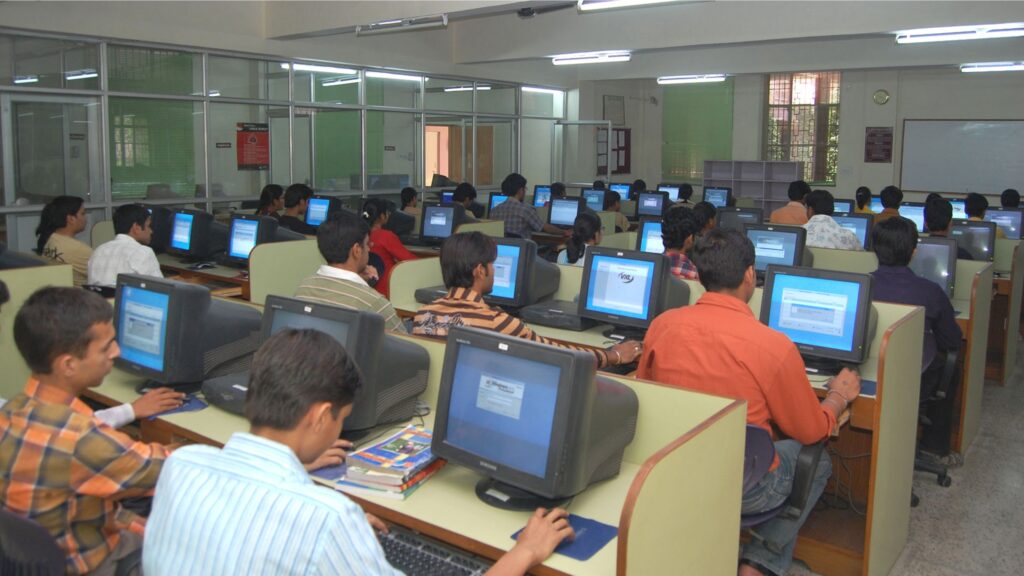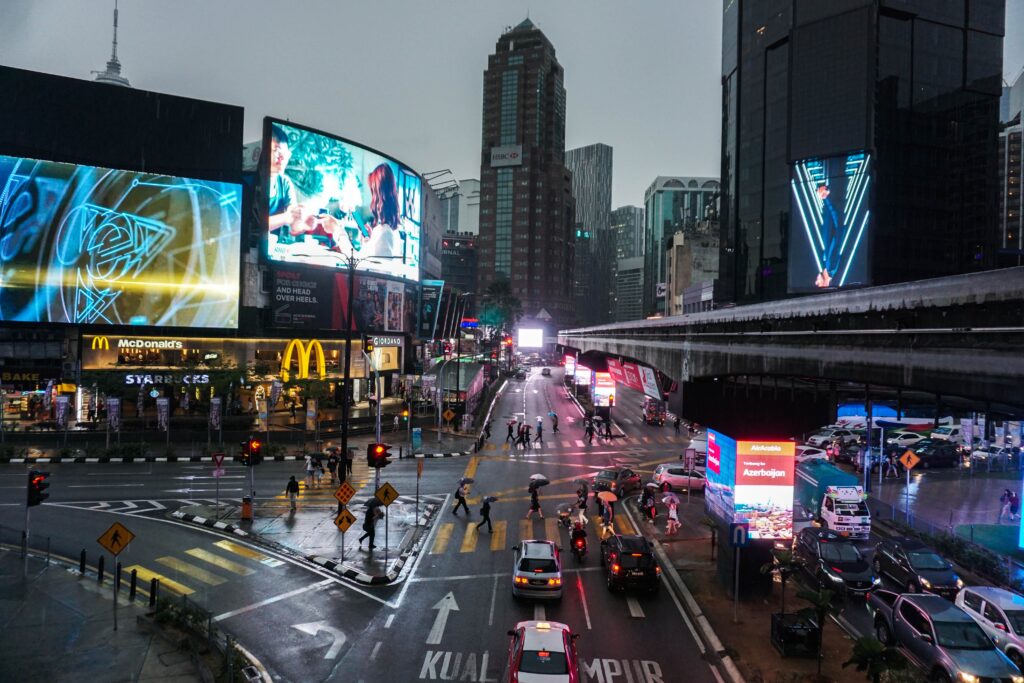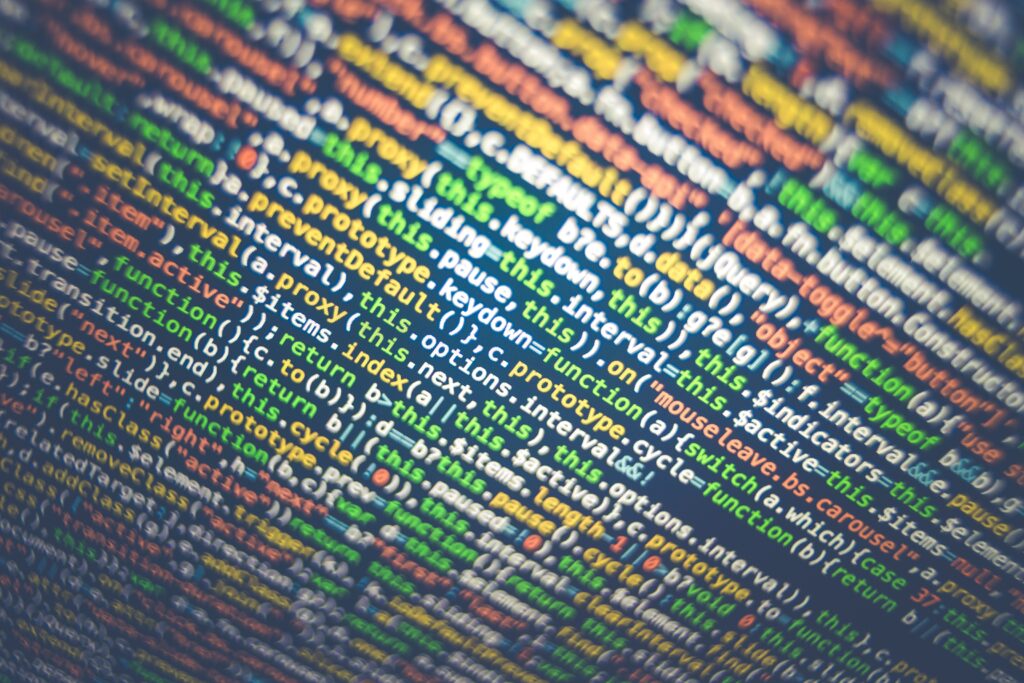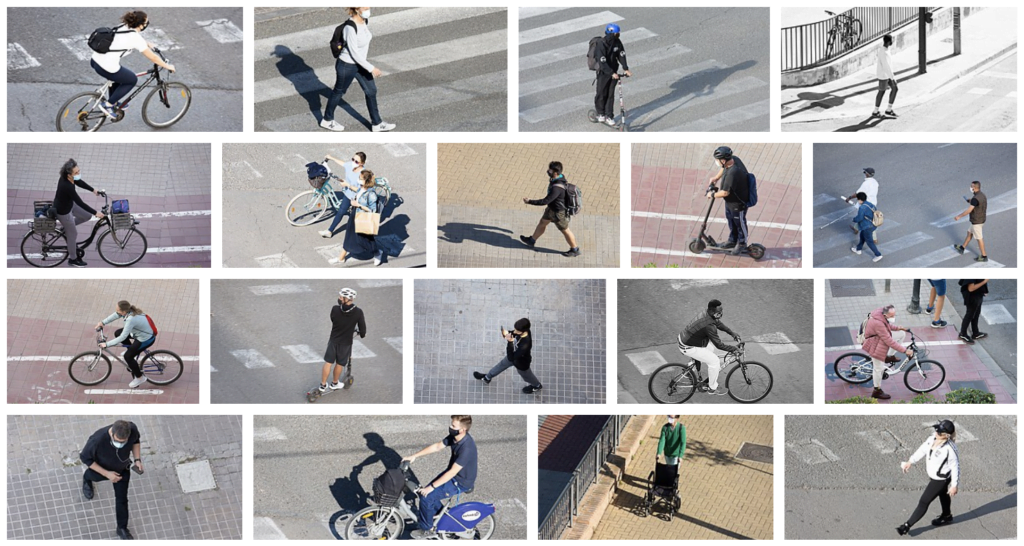A machine learning tool to analyse complex sets of information has been shown to find policy areas overlooked by governments.
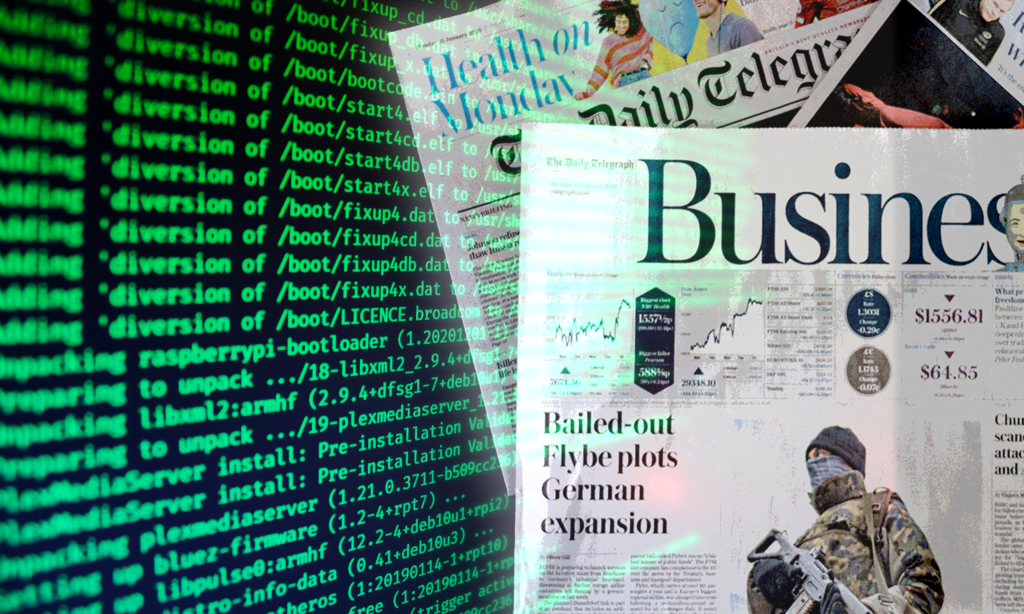 Deep journalism uses artificial intelligence to analyse differing views on a topic : Michael Joiner 360info CC 4.0
Deep journalism uses artificial intelligence to analyse differing views on a topic : Michael Joiner 360info CC 4.0
A machine learning tool to analyse complex sets of information has been shown to find policy areas overlooked by governments.
Deep learning, big data and other new technologies are set to transform the way governments determine what is in the best interest of their citizens, supercharging the information they need to act intelligently and making policies and actions more transparent, preventing corruption and failure.
Deep journalism is a data-driven approach for discovering different perspectives on a topic of interest. The approach was the basis for DeepJournal, a new tool that uses machine and deep-learning-based natural language processing technologies to analyse assigned documents, grouping the data into clusters. The tool then identifies relationships between clusters, including similarities, differences, and hierarchies. By highlighting gaps between public-facing issues and those of other stakeholders, the technology can be used to develop policies and actions for a given sector, and even for a complete economy or society.
Researchers at King Abdulaziz University, Jeddah tested the DeepJournal tool in a study examining different academic, industrial, public, governance, and political perspectives on transportation.
Transportation is a challenging sector for governments because they must consider so many factors when developing successful policies, systems and operations. Some of these include: the safety of people and goods, rising costs, the growth of megacities, long commutes for work, parking issues, and damage to health and the environment, and the need to be connected. Insights provided by Deep Journalism could be used to better connect policy and action, by improving the information available to all stakeholders in the transportation sector, including the government, industry, academia, journalism, and the general public.
The tool uses different sources of data to gather or discover different perspectives. Data for the transport case-study came from a newspaper (The Guardian: 14,381 articles between 1825 and 2022), a transportation technology magazine (Traffic Technology International: 5,193 articles between 2015 and 2022), and academic literature on transportation (from Web of Science: 21,446 articles between 2000 and 2022).
These data sources provide three different views of transportation: first, a view from the public and governed by political and other institutions; a second view from the transportation industry; and a third view from academics and researchers. The cluster analysis reveals that while the views are not mutually exclusive and are somewhat affected by each other, they represent different perspectives with considerable differences.
The results were confirmed by cross-checking the assignment of articles and documents to certain clusters, by comparing parameters, keywords, and metrics across the three perspectives of transportation and by checking against sources other than the three datasets.
The findings showed that many important problems such as transportation operations and public satisfaction seem to be ignored by industry and academia, or if they do focus on them, the solutions don’t achieve measurable results from policymakers and industrialists. The findings also shows that while academia produces much broader and deeper knowledge on transport, many important issues such as pollution are not considered much at all.
Using Twitter and other data sources, the King Abdulaziz University researchers have used similar techniques to analyse different sectors and topics including education and learning during COVID-19, healthcare services for cancer, government measures during COVID-19, and families and homes.
We live in a complex world characterised by complex people, complex times, and complex technologies. Our complex activities have complex consequences on our social, environmental and economic environments. There is clear evidence that governments are failing to address issues such as education, healthcare, public safety, and so on. The recent COVID-19 pandemic is a major example of global governance failure, both in terms of preventing such pandemics and managing the outbreak. People elect governments, so government failure can also be viewed as a public failure, and highlights the need to improve policy and governance collaboratively.
Deep journalism techniques can make impartial, cross-sectional, and multi-perspective information available to everyone, can bring rigour to journalism by making it easy to generate information using deep learning, and can make tools and information available so anyone can uncover information about social, environmental and economic sustainability.
Rashid Mehmood is a professor of big data systems at King Abdulaziz University and leads the Data-Driven Machines and Societies Lab. Rashid is thankful to his team and collaborators for producing all the amazing research including Deep Journalism covered here. The research was undertaken with financial assistance from Deanship of Scientific Research (DSR), King Abdulaziz University (KAU), Jeddah, Saudi Arabia.
Originally published under Creative Commons by 360info™.


